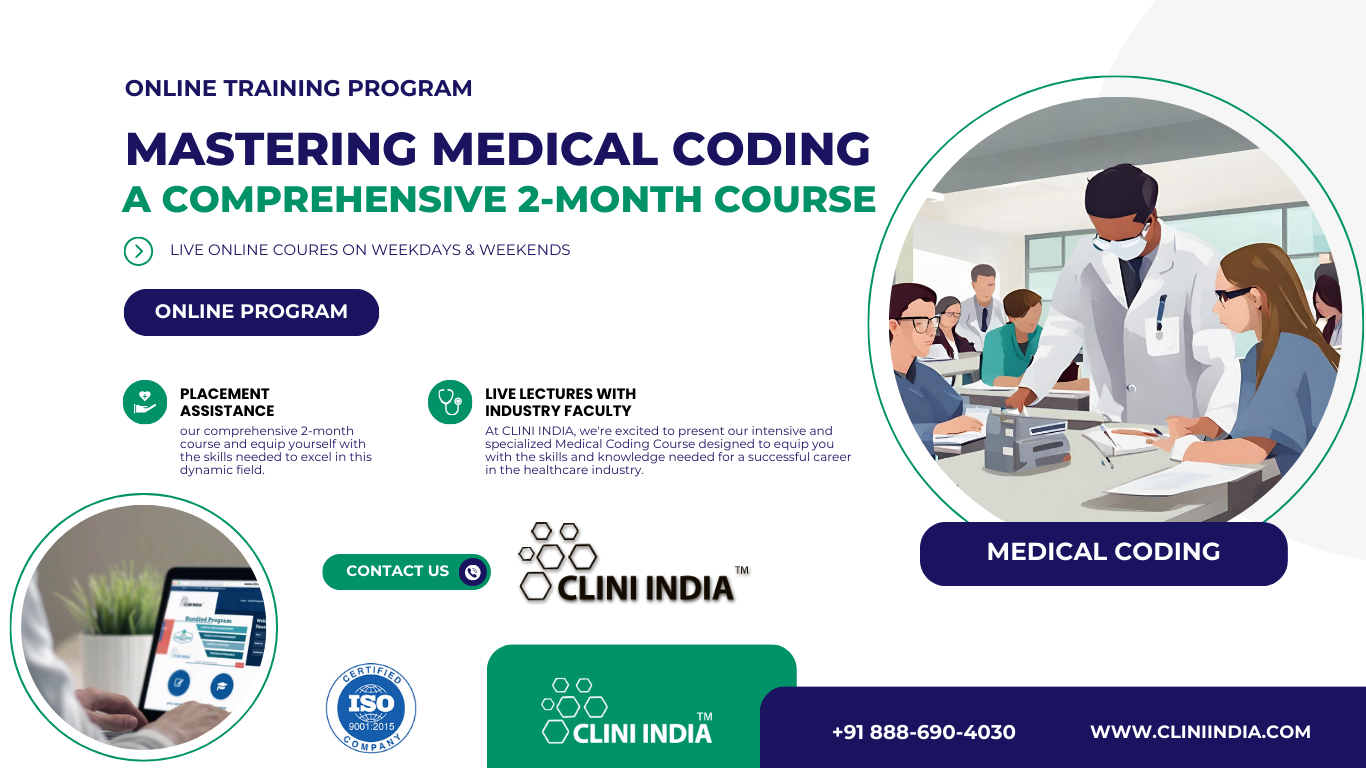Maximizing Coding Success: Essential Learning Resources

Navigating the Coding Landscape: A Guide to Essential Learning Resources
Embarking on the journey of coding learning requires more than just enthusiasm; it demands access to quality resources that cater to diverse learning styles. In this exploration of coding learning resources, we delve into key aspects that contribute to a successful coding journey.
Diverse Learning Paths: Tailoring Education to Individual Needs
Coding is a vast field with diverse applications, and the learning path should align with individual goals and preferences. Whether aspiring to become a web developer, data scientist, or software engineer, choosing resources that offer specialized content ensures relevance and targeted skill development.
Online Coding Platforms: Interactive and Accessible
Online coding platforms serve as invaluable resources, providing interactive environments where learners can practice coding in real-time. Platforms like Codecademy, LeetCode, and freeCodeCamp offer a range of courses, challenges, and projects that cater to beginners and advanced learners alike.
Comprehensive Coding Courses: Building a Strong Foundation
Structured coding courses, available on platforms such as Udacity, Coursera, and edX, provide in-depth learning experiences. These courses often include video lectures, hands-on projects, and assessments, allowing learners to build a solid foundation in programming languages and concepts.
Coding Communities: Fostering Collaboration and Support
Engaging with coding communities is a transformative aspect of the learning journey. Platforms like Stack Overflow, GitHub, and Reddit provide spaces where learners can ask questions, share knowledge, and collaborate on projects. Being part of a coding community fosters a sense of camaraderie and support.
Documentation and Manuals: Navigating the Information Terrain
The importance of documentation cannot be overstated in the coding realm. Learning to read and navigate documentation is a crucial skill for any coder. Platforms like Mozilla Developer Network (MDN) and official documentation for programming languages serve as comprehensive references for understanding syntax, functions, and libraries.
Interactive Coding Challenges: Sharpening Problem-Solving Skills
Coding challenges on platforms like HackerRank and Codewars offer a dynamic way to hone problem-solving skills. These challenges range in difficulty and cover various concepts, providing an opportunity for learners to apply theoretical knowledge to real-world scenarios.
Books and Ebooks: A Time-Tested Learning Companion
In the digital age, books and ebooks remain valuable companions on the coding learning journey. Resources like “Clean Code” by Robert C. Martin or “Eloquent JavaScript” by Marijn Haverbeke offer in-depth insights and perspectives that complement online courses and interactive platforms.
Coding Bootcamps: Intensive, Practical Learning Experiences
Coding bootcamps have gained popularity for their immersive and intensive approach to learning. Platforms like General Assembly and Flatiron School offer bootcamps that compress coding education into a short timeframe, providing hands-on experience and mentorship.
Project-Based Learning: Applying Knowledge in Real-World Scenarios
A pivotal aspect of coding learning is applying knowledge to real-world scenarios. Engaging in project-based learning, either independently or through guided projects on platforms like GitHub or Kaggle, allows learners to build a portfolio and showcase their skills to potential employers.
Coding Learning Resources Summit: Expanding Horizons
For those seeking a comprehensive exploration of coding learning resources, the Coding Learning Resources Summit is

